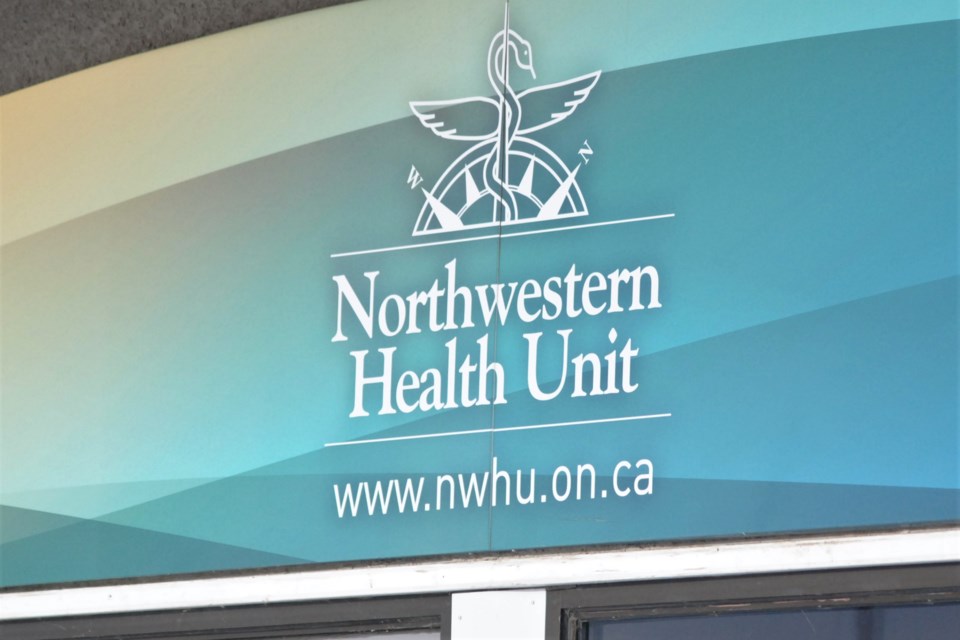NWHU has issued a statement advising the public that cases of sexually transmitted infections (STIs) in the region are at a much higher rate than the average rate in Ontario.
Local rates of many STIs, including chlamydia, syphilis, gonorrhea and HIV, are among the highest categories affecting the region.
According to an NWHU release, those in the age group of 15–34 are most likely to get an STI if they are not using a condom while having sex.
However, the health unit points out that they have seen cases in other age groups as well.
“Consistent use of condoms is very important to prevent the spread of sexually transmitted infections,” says Dr. Kit Young Hoon, Medical Officer of Health at NWHU.
Contributing factors to high rates of STIs are no condom use, having more than one sexual partner, and impaired judgement due to being under the influence of alcohol or drugs.
NWHU says condom use is the best method to prevent an STI.
“Consistent use of condoms is very important to prevent the spread of sexually transmitted infections,” says Dr. Kit Young Hoon, Medical Officer of Health at NWHU.
The health unit offices and local health partners provide free condoms to those in need.
Moreover, the lack of condoms is not the only way of getting some infections. HIV and syphilis are blood-borne infections that can be transmitted through injection drug use by sharing supplies.
The sexual health clinic also facilitates STI testing for anyone who has had unprotected sex. The earlier an STI can be detected, the lower the risk of spreading the STI and reduces the risk of health complications.
Additionally, NWHU has programming that promotes safe sex between partners through their sexual health clinic.
NWHU offers free injection drug supplies to those who require them to prevent the spread of blood-borne diseases.
